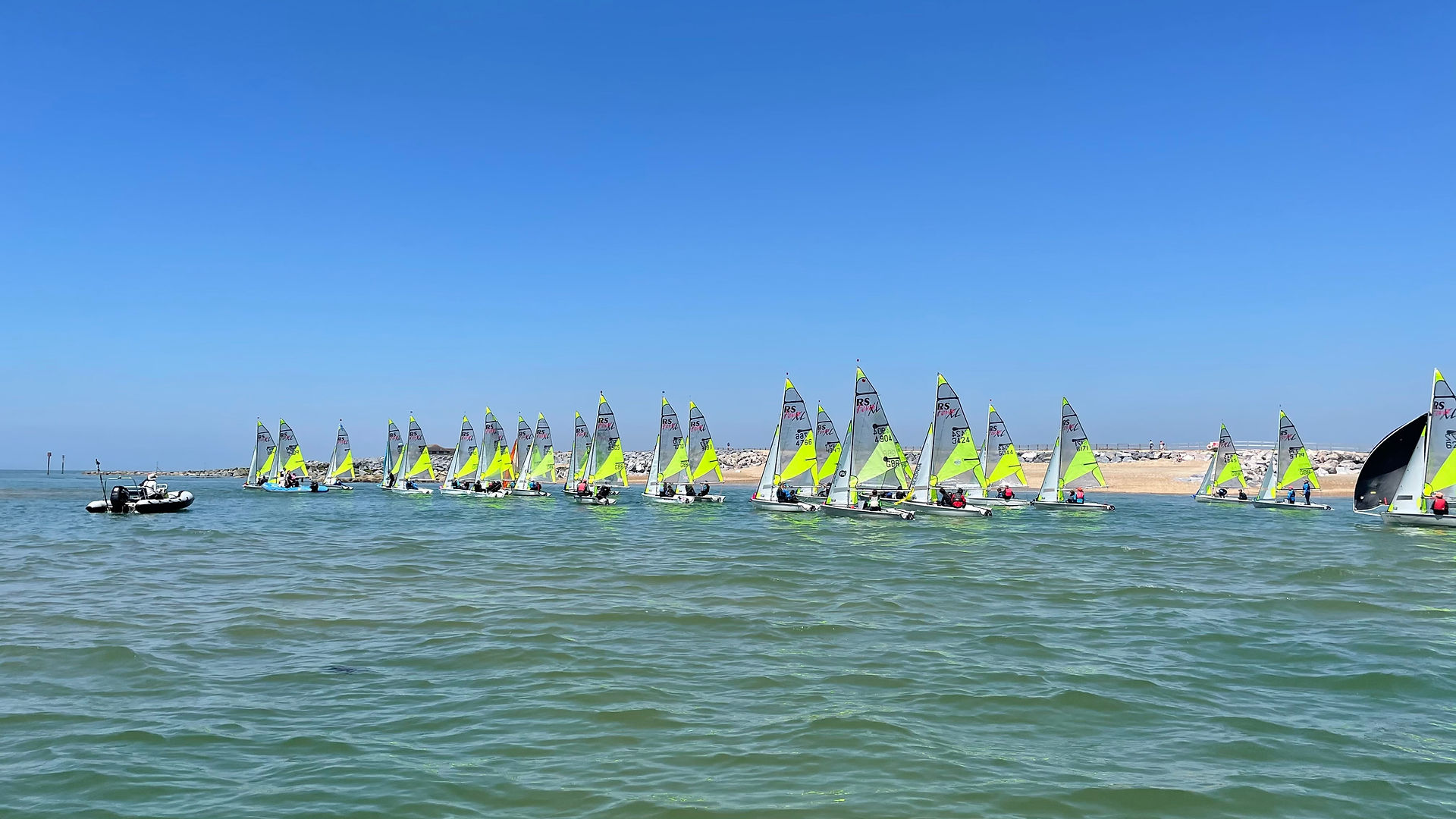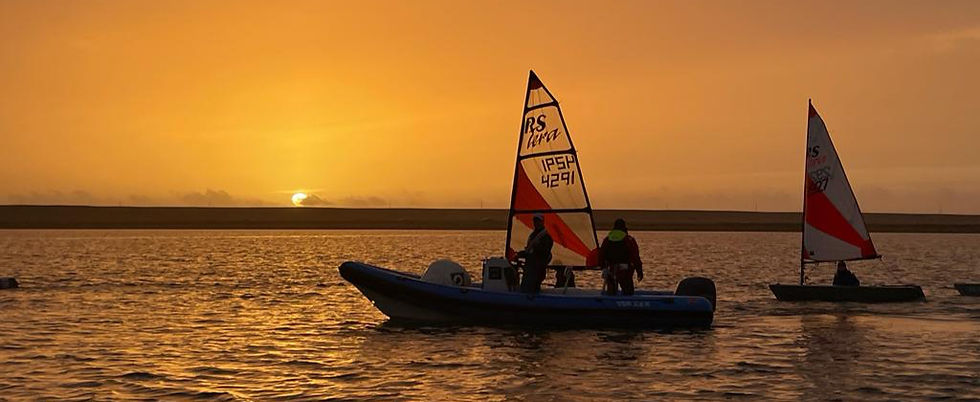The power of slow-release energy for sailing
- Dylan Collingbourne
- Feb 1, 2024
- 3 min read
Updated: Oct 18, 2024
For junior sailors who compete in racing, the demands on their bodies and minds are immense with many training and racing days lasting longer than 4 hours. The correct nutrition plays an important part in ensuring the sailor stays energized and focused throughout their time on the water.
What are Carbohydrates?
Carbohydrates are the priority nutrient! Carbohydrates are a macronutrient, which is a vital source of energy for the human body especially during physical activity. However, not all carbohydrates are the same and we typically split carbohydrates into two categories: simple and complex.

Simple Carbohydrates, which are typically found in sugary snacks and drinks, can provide sailors with a quick burst of energy over a short time.
Complex Carbohydrates, which are typically found in whole grains and vegetables, release energy slowly over a much longer time meaning that these types of foods are a more sustained energy source.
Why is slow-release energy important for sailing?
During regattas and training sessions, sailors will experience long days on the water and will have to endure and maintain a high level of concentration for decision-making as well as work physically hard. A slow release of energy will allow a steady supply of glucose to the body, over the not-preferred rapid spikes and falls in energy levels. The consistent energy flow ensures that young sailors can maintain concentration and endure the endurance of long periods of hiking.
Therefore, complex carbohydrates are much preferred for sailing as sailing is regarded as an endurance sport with a typical race lasting over 30 minutes.
Timing is key!
The time in which you consume complex carbohydrates is crucial to optimise effective energy release. Consuming a well-balanced meal 2-3 hours before a race ensures that the body has enough time to digest and convert the carbohydrates into usable energy.

During and in between races, a good snack for sailors would be fruits and energy bars should be consumed to maintain energy levels for consecutive races.
Keep Hydrated!
Staying hydrated is essential for performance and good decision-making. Dehydration can cause tiredness, decrease focus and lead to negative performance. Junior sailors should drink water regularly whilst on the water. Sailors should consume 500ml of sports drink 30 minutes before racing and should consume between 1-3 litres of water whilst afloat. Drinks consumed afloat should contain electrolytes to replenish lost electrolytes in sweat.
Helpful hints
All of the above in terms of different foods to try before, during and after sailing should be experimented with during training times and camps rather than at competitions so sailors can adapt to these strategies.
Example of carbohydrates during a day of sailing
BEFORE LAUNCH |
Pre-exercised sailors should consume more than 70g of carbohydrates (for adults - less for children) for fuel. Sailors should not have any fats before launching as this can hinder carbohydrate usage. Good carbohydrates before launching include whole grain cereal, wholemeal toast, whole grain pasta and some fruit and vegetables. |
WHILST AFLOAT |
Sailors are recommended to consume 30-60g (for adults - less for children) for every hour of activity in between races as it is not viable for sailors to eat whilst racing. Some good nutrition to take afloat include sports gels, sports chews, bananas and granola bars. |
BACK ASHORE |
Macronutrients are important for recovery, especially to have more carbohydrates and lesser amounts of protein. This enhances muscle glycogen resynthesis. Carbohydrates should be consumed at a target of 1.2-1.5g per kg body weight per hour and should be dosed every 15-20 mins in either liquid or non-liquid form. Milk can be effective at reducing muscle soreness and is beneficial for a regatta lasting several days. |





Comments